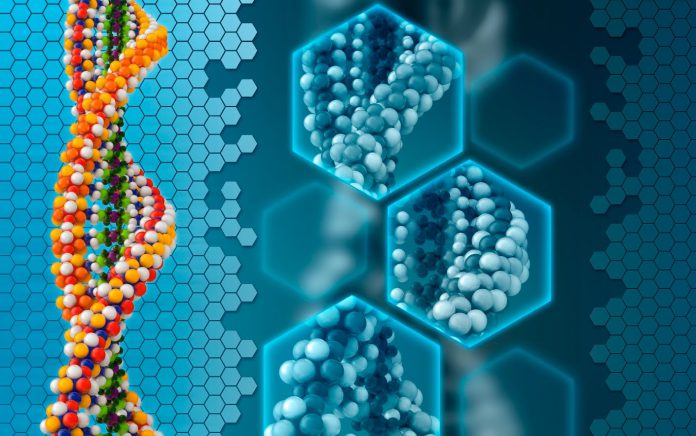The relationship began in April of last year when the Redmond giant bought its first ten million strands. That number will now double and should help to build on previous successes. One of those came in July of 2016 when Microsoft and the University of Washington stored 200 megabytes of data on DNA. Microsoft decoded and encoded it with complete accuracy, making it a viable but expensive alternative. “We are delighted to see the positive response and growing excitement over DNA as a solution to our world’s growing digital storage dilemma,” said Emily M. Leproust, CEO of Twist Bioscience. “We have taken up the challenge of massively increasing DNA synthesis scale to accelerate adoption of DNA as the logical replacement for current legacy electronic and magnetic storage technologies. We are thrilled to continue our work with Microsoft and the University of Washington researchers to drive this technology forward.”
A Long Way to Go
Despite the advancements, Microsoft says there’s a long way to go until the storage becomes mainstream. “Demand for data storage has been growing at break-neck pace,” said Microsoft Senior Researcher Karin Strauss. “Organizations and consumers who need to store a lot of data – for example, medical data or personal video footage – will benefit from a new long-term storage solution. We believe DNA may provide that answer.” The teams will now be “massively increasing DNA synthesis scale” to make DNA storage a viable option for organizations. If successful, DNA could remove many of the density and lifespan issues of traditional storage. Recent tests show that a few grams of DNA can storage one trillion gigabytes of data. You can read the full press release here.





